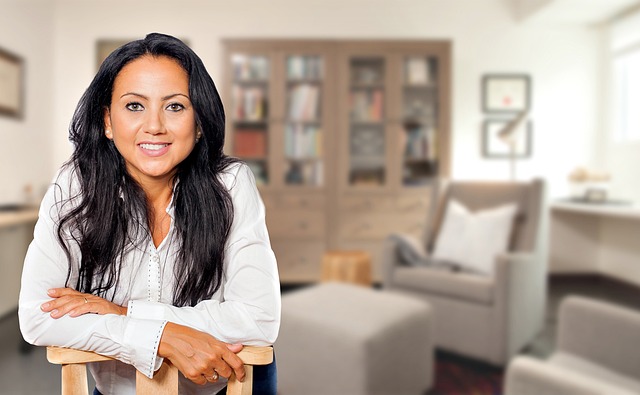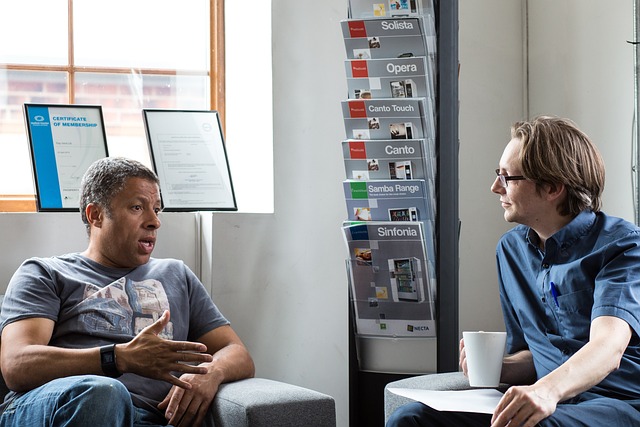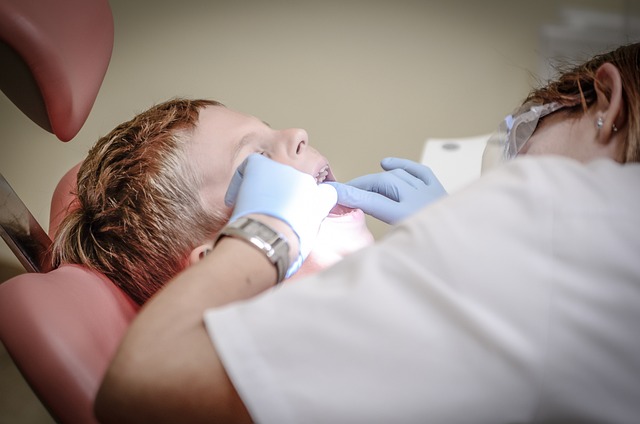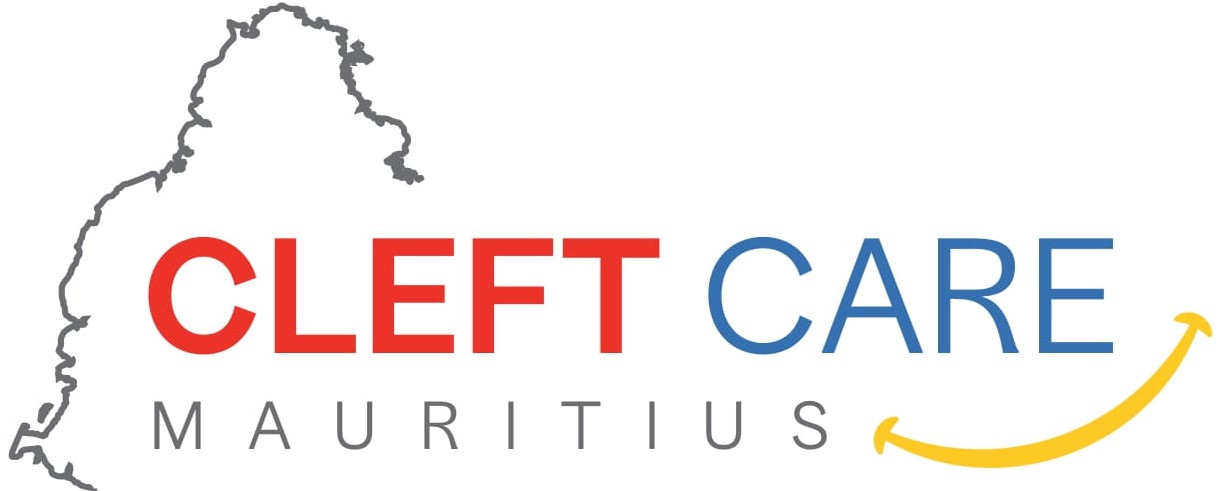GIVE A LITTLE. IT CAN CHANGE A LOT.

SERVICES
Maxillofacial Surgery Facilities / Post-Operative Care
Babies born with cleft require surgeries as early as 3 months old. A team of medical specialists are available to provide surgical advice and Cleft Care Mauritius provides financial support to fund such surgeries and provides logistical support for surgical interventions locally and abroad.
Cleft Care Mauritius also provides pre- and post-operative care advice to all parents of all children with cleft.


Feeding & Diet Advise
When babies are born with cleft, they require special needs feeding bottle to be able to feed and grow properly. Cleft Care Mauritius can provide feeding advice to all parents of newly born babies like where to buy feeding bottles, how to use them and how to monitor the growth of their babies.
Cleft Care Mauritius can refer parents to dietitians for any growth and eating concerns of their children with cleft.
Counselling & Psychological Support
Cleft Care Mauritius commits to provide counseling to families of children born with cleft as often this comes as a shock to parents. Psychological support is available for children and adults with cleft who are struggling with their appearances.
Furthermore, cleft lip and/or palate is often considered as a social stigma.
Cleft Care commits to raise awareness on this issue at a national level using local and social media platforms.


Speech & Language Therapy
It is common for children born with cleft to have speech problems at some point in their life. Over half of these children will require speech and language therapy. Most will develop normal speech and language skills by the age of 5.
Early intervention is key as a speech and language therapist can:
- Identify speech sound errors associated with cleft palate and velopharyngeal dysfunction causing hypernasality despite surgery in children;
- Help to provide early rehabilitative interventions to rectify these issues.
Cleft Care Mauritius guides parents towards speech and language therapy services available in Mauritius.
Dental Health & Orthodontics
Optimum oral care is particularly important for those with a cleft lip or palate because they are at a higher risk of having tooth and gum problems. Young children with cleft lip or palate have narrow arches, so cleaning their mouth and teeth can be a more difficult task. Parents should take extra time and care to ensure proper care is given for their child’s mouth.
Early dental evaluation is necessary to determine the course of treatment for children with a cleft lip/palate. Treatment management depends on the severity of their condition. Some need preventative care; others may require surgery or
additional procedures.
Early orthodontic evaluation is also necessary for children with cleft lip or palate. Orthodontists need to assess their facial, bone and jaw growth. When teeth start to grow, the orthodontist will plan a course of action for their dental needs. Often an alveolar bone graft between the age of 8 to 12 is required to fill the gap in the gum before the child’s adult teeth come through.


Pre-natal Screening
DONATE NOW TO SUPPORT US!
NSIF Registration Number: NSIF/2021/0003 | MCB Account Number: 000445972300
